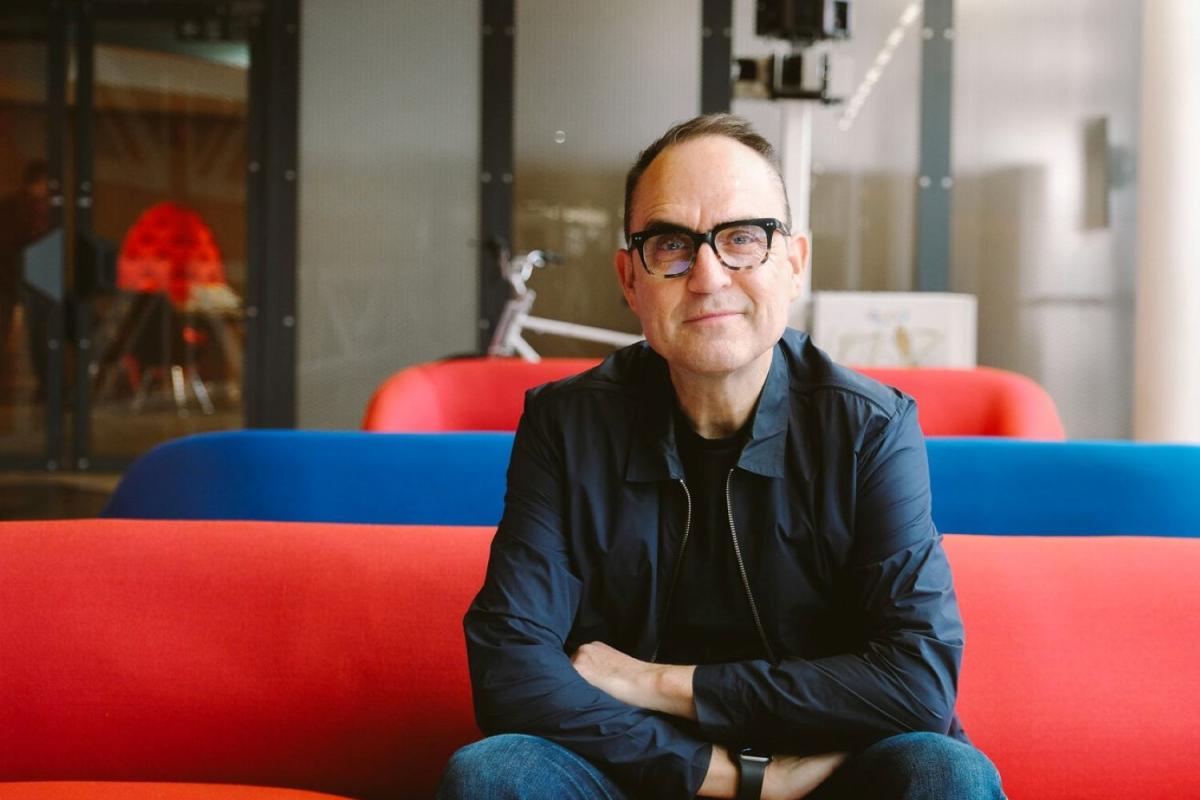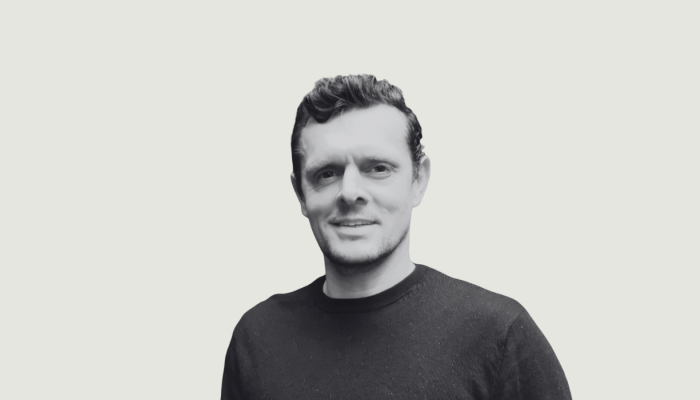The challenger mindset is for small, ‘underdog’ brands right? Not according to Graham Bednash, UK Director of Consumer Marketing at Google. We sit down with Graham to get his perspective on the role and value of the challenger mindset within large organisations and how Google benefits from its origins of thinking 'small.'
Do you think that the challenger mindset is just for small and medium-sized companies, or is there a role for it in large companies as well?
For me, any organisation should always be thinking about challenging the status quo. The biggest danger, whether you’re big or small, is to become complacent and to imagine that everything you’ve done in the past will always take you into the future. The world is constantly changing. Challenger is the positive way of looking at it but I think of it as being ‘paranoid’. As Andy Grove, founder of Intel noted: "Only the paranoid survive'. I agree, I think being constantly paranoid can be a good thing, because then you always think about doing things better. It’s not easy, but I think now, it’s the only way to be.
Is the context for a challenger mindset different now than it was 15 or 20 years ago? Do you think because the dynamics of business are so much faster, more complex, more perilous and more exciting, that there is a greater imperative now to bring this challenger perspective to bear than there was?
Yes, 100%. I think now we’re in a different ball game and we have seen examples where brands or businesses are at a disadvantage because they have not adapted their existing mindset/model to reflect today’s challenges. It’s now so important to constantly look for better ways to do things. You can’t take anything for granted.
What does it mean in concrete terms for you as a leader to bring a challenger mindset to a particular problem or project within Google? How do you approach that?
Google is 21 years old but we’re always thinking about new, surprising ways that we can make users feel a sense of surprise and delight from our products. To celebrate the Queen’s birthday, for example we turned the ‘Pegman’ in Google Maps into ‘Peg Ma’am’. Around Buckingham Palace, the ‘Pegman’ looked like the Queen with a little crown on. It was so great and people loved it. Doing things everyday where the user comes first, and thinking of fresh ways of helping users is a daily endeavour that everyone at Google shares.
Google is famous for many things, but one of them is the emphasis on the power of small teams. A large company but lots of micro teams within that. Why is small important to Google? What does it bring in terms of the way in which one approaches a problem or the energy with which one approaches a problem?
In my experience, when you work in small, cohesive teams where everyone trusts each other, you get way more done and you’re more successful. At Google, we try to be really clear about people’s roles and what’s expected of them. We minimise hierarchy and reporting structures and focus on empowering people. I think this psychological safety and leanness allows us to solve problems faster as we do it together, as one team.
Does that constraint of small force you to be much more deliberate about who’s in the meeting, who’s not in the meeting, what each person’s going to contribute? Presumably, there is no deadweight or politeness in there. Everybody’s very specifically there to do a specific thing?
“Measure What Matters” is a great book that has had a lot of influence at Google. The book is about the importance of developing OKRs (Objectives and Key Results) and galvanising teams behind them and constantly measuring them. So all meetings are very focused on what needs to be solved. That’s why there’s no doubt about who’s doing what and whether or not they should be in the meeting. And the majority of our meetings are 30 minutes, so it encourages people to get to the point and solve things fast.
What are your three bits of advice for someone wanting to bring a challenger mindset to a large company? How would you deliver a challenger mindset to your team?
For me, the most important thing is ‘culture’. You’ve got to encourage a culture of collaboration and a culture of wanting to challenge the status quo and wanting to think differently. People need to be comfortable with ambiguity and constant change. This has to feel authentic and be constantly reinforced by senior management. And it needs to be done within a generous, caring culture where everyone feels they have a say.
Secondly, you’ve got to maximise the impact of the ‘network’. Bring all key stakeholders together on the journey to share the same sense of what success looks like into the room and have people from different parts of the organisation all contributing.
Then, I think it’s really important to put users at the centre of the organisation so everyone is focussed on what they need now, and what they might need in the future.
This piece is by eatbigfish and first appeared on The Challenge Project here



